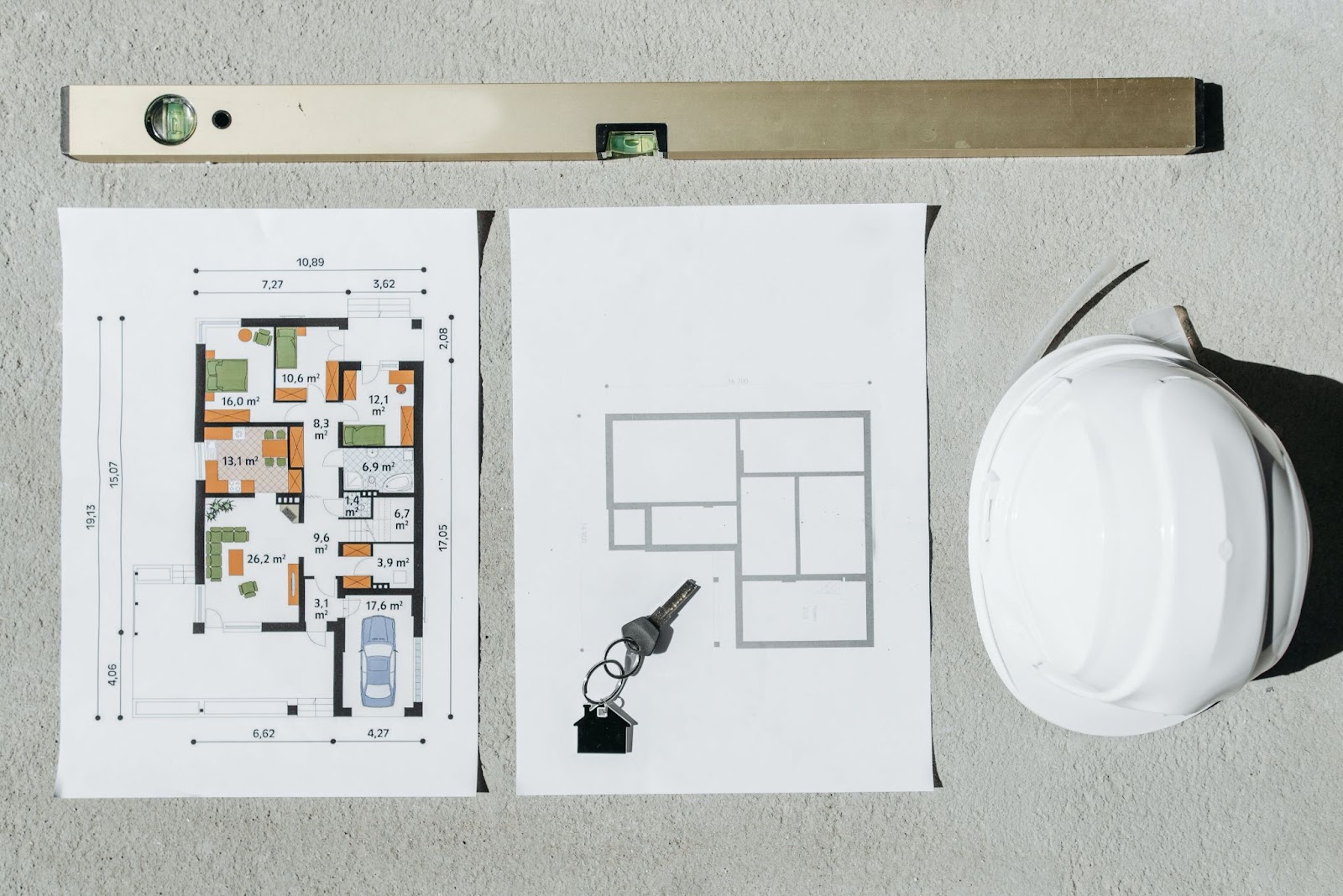For many people, the journey of homebuilding begins with the exciting first step of buying land.
Choosing a new suburb to live in is a big process. You’ll see changes to your neighbourhood, your routine, and potentially even your cost of living.
We’ve put together this guide to ensure you're equipped with the knowledge needed at every significant stage of the land-buying process.
Step 1: Understanding Zoning
Zoning laws are crucial as they dictate permissible uses of the land, affecting everything from the type of home you can build, to its size. Nearby zoning regulations can also influence the sorts of goods and services you’ll find in your immediate neighbourhood.
Early research into these restrictions with local planning departments can prevent future complications, ensuring your project aligns with local regulations from the start.
Step 2: Assessing Location and Accessibility
The right location must resonate with your lifestyle and meet your needs for accessibility.
It’s important to have an idea of what your top priorities are: whether that’s travel time, public transport access, thriving community, or schools. Know your proximity to essential services - schools, healthcare, shopping, and entertainment - and understand how your regular routes might work out. Evaluate the quality of the local infrastructure, including roads, public transport, and internet service.
If you’re considering a particular lot, it may help to evaluate the physical accessibility for construction equipment and materials, as this may impact the ease and additional costs of building your home.

Things to keep an eye out for:
Step 3: Evaluating the Land
Looking beneath the surface - quite literally - is vital. The land's topography, soil quality, and any environmental hazards (such as flood zones or fire risk areas) can dramatically affect your building plans and budget.
Engage with professionals for a comprehensive land assessment, to identify potential challenges that could affect construction or necessitate additional investment in site preparation.
Step 4: Financial Planning
A detailed financial plan is the backbone of your project.
This encompasses the purchase price, site preparation, construction costs, and unexpected expenses. This step is about securing a clear picture of the total investment required, from initial acquisition through to the completion of your home. Keeping an eye on the bigger picture will help to ensure you’re budgeting effectively.
Key Financial Aspects:
-
Financing: Investigate various financing options, including land loans, construction loans, and mortgages, to find the best fit for your financial situation. Consult with financial advisors or mortgage brokers to understand the nuances of each option.
Step 5: The Buying Process
The process of acquiring land involves several critical steps. Take careful attention at each point, to ensure the transaction is conducted smoothly and securely.
Key Steps Include:

Step 6: Planning Your Build
With the land secured, the focus shifts to planning your build, moving you one step closer to your new dream home!
You can now take the insights you’ve gained from the previous steps into a coherent building plan that respects zoning laws, accommodates the land's characteristics, and aligns with your budget.
Whether you’re interested in a custom build, pre-designed floorplan or alternatives like kit homes, it’s essential to thoroughly plan and consult with architects, builders, and other professionals, to translate your vision into a feasible, detailed construction plan.
Building your new home from scratch?
Doing the research in the beginning is the best way to ensure a smooth-sailing homebuilding journey! That’s what Homeshelf is here for.
Our comprehensive resources and expert advice are designed to support you from land purchase through to the realisation of your dream home. With careful planning, informed decisions, and a clear understanding of the process, your path to a custom-built home is within reach.
Publisher Website: www.homeshelf.com.au